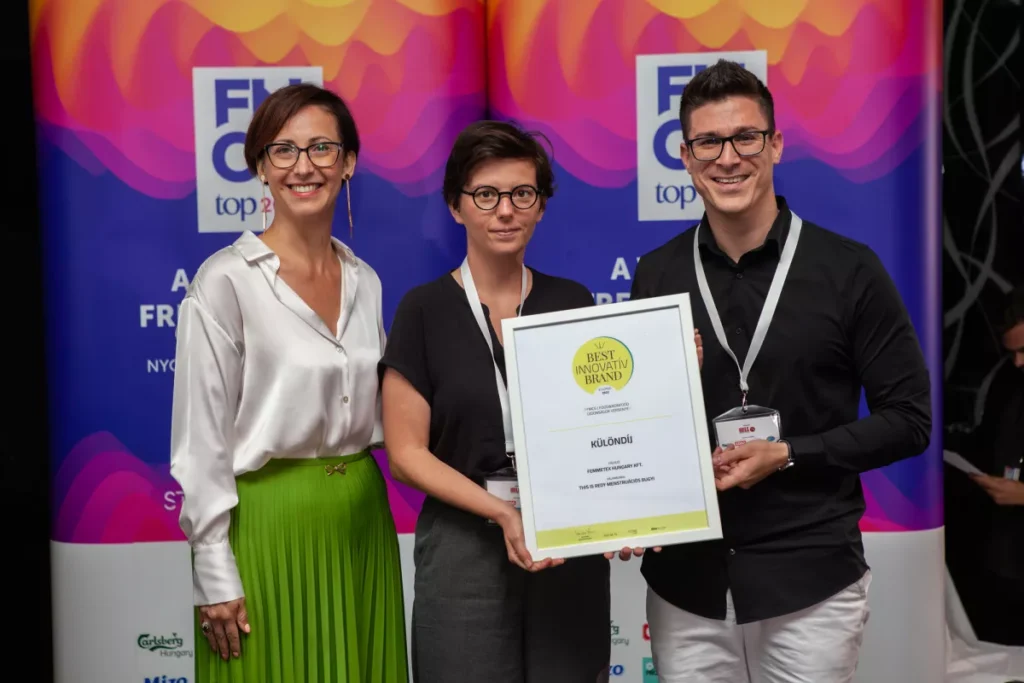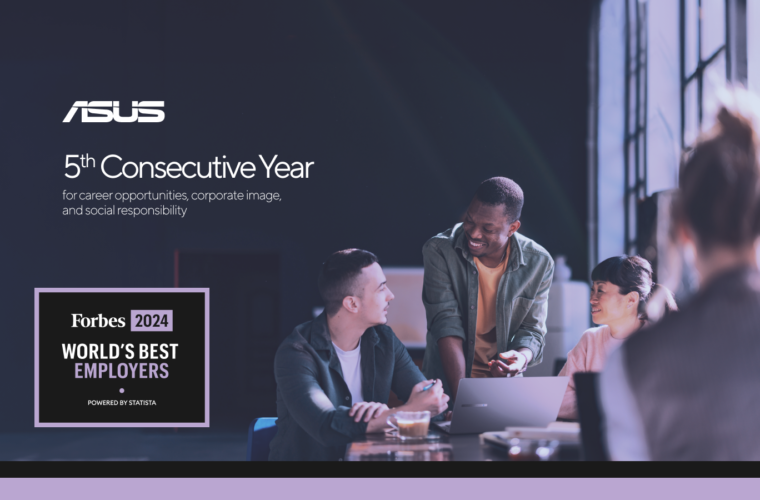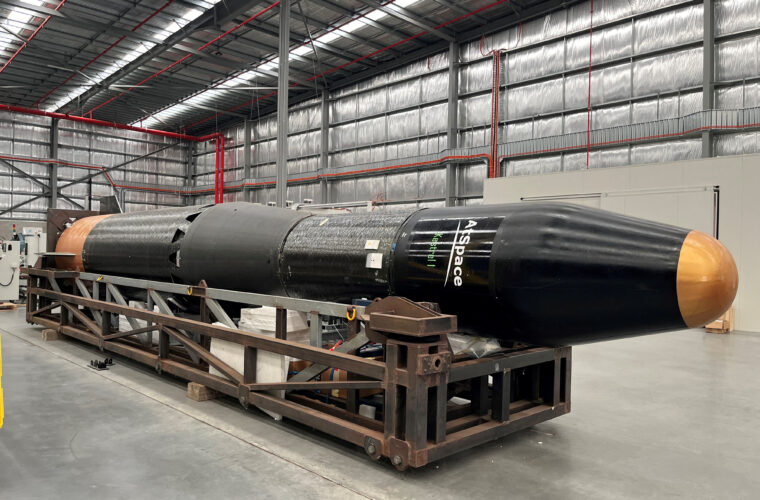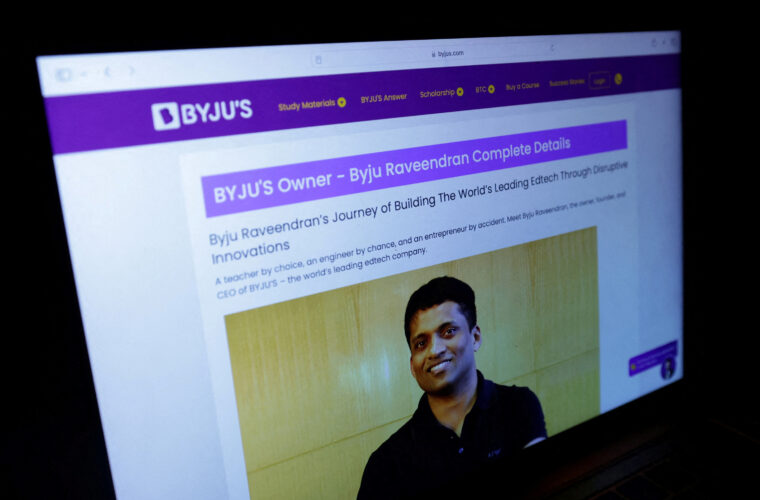This is Redy: an interview with a Forbes-listed startup founder
This is Redy is dedicated to promoting eco-friendly and reusable menstruation underwear as an alternative to traditional disposable pads and tampons. The team strives to create a positive impact on the environment and menstrual health by providing high-quality, innovative, and accessible reusable products. The founders, Ádám Tasnádi and Dóra Molnár, have faced several challenges and opportunities while building up a successful business over the years. Ádám Tasnádi has been interviewed about the key aspects behind a successful startup, and we posed several questions on the topic.
What inspired you to start a company focused on reusable menstruation underwear? Was there a personal experience or a particular moment that sparked the idea?
The idea of this is Redy period underwear came at the end of 2017 due to a menstrual accident. My business mate, Dora, came up with the idea that it would be great to have a reusable, non disposable but still comfortable period tool which can be used alone, just like normal panties.
Can you share some insights into the business and product development process?
The product development process lasted 1,5 years. Meanwhile we managed to find the most suitable “smart” textiles for the purpose, and constantly tested the product. The pants can contain period blood, are esthetic and comfortable, do not contain harmful chemicals but are eco-conscious.
As a result, organic textiles (having OEKO-TEX certificates) were used having no negative effects on health and comfortability which is just like putting on ordinary lingerie. Menstruating in the panties is almost unnoticeable, it does not feel like wearing a diaper or pads. We launched the sales in May 2019 and within 2 months we succeeded in selling our first 300 pieces.
Many entrepreneurs face challenges in the early stages of their startups. What were the biggest obstacles you encountered at This is Redy, and how did you overcome them?
In the first half a year the speed of growth was our biggest challenge as the demand extremely exceeded our capacity of production. Thanks to our marketing (taboo-breaking communication, media appearances) the amount of sold products was 3-4x bigger than the capacity. Before ‘this is Redy’ we had worked in the field of marketing, never dealt with manufacturing, however, we immediately had to learn how to manage a company. This ‘learning by doing’ was a huge challenge but as a result we succeeded in finding new partners in production. I am sure these lessons contributed to surviving Covid as well. With a starting capital of only EUR 5.000, without external capital, the company reached a revenue of EUR 500.000 and made profits in two years.

Sustainable products have gained popularity, yet, breaking into the market can be tough. How did you raise awareness about your product and attract your first customers?
In my opinion the key to our early success had two elements. On one hand, our product is not just sustainable and reusable, but has advantages in functionality as well (for example it does not move during sport activities or sleeping compared to pads; it feels like wearing normal underwear which is super comfortable etc.)
On the other hand, our taboo-breaking communication about the period easily attracted our first customers and the attention of the media.
How did you assemble This is Redy, and what qualities were you looking for in potential team members?
We identified our core values, mission and vision and we looked and still always look for potential team members who fit them. Their proficiency and work experience matter however we focus more on their attitude and moral.
Funding is often the most significant concern for startups. How did you secure funding for your company?
Compared to IT startups, for us it has been easier as we have managed to make profit since the beginning. That is why we could skip using venture capital. In the first 4 years we did not use any external capital but always grew by using our profit. At present we have access to cheap bank loans which support our scaling up plans. We are considered to be a startup thanks to our innovative product which shakes the market, however from financial aspects, I would rather label us as an innovative traditional business.
What were the key milestones and growth strategies that contributed to the success of your company?
Our way of thinking is based on constant optimization and resilience. I would mention this as our main growth strategy as it is our drive to develop our processes and decisions despite obstacles like covid, war or economic crises. We simply dare to throw out what does not work anymore and rebuild if necessary. I am sure this attitude led us to reach our recent milestone: we got listed to the Hungarian Rossmann and Decathlon in the first half of 2023.
As an entrepreneur in the menstrual health industry, what changes or advancements do you hope to see in the coming years? We at ‘this is Redy’ honestly believe that we can provide solutions embracing periods in a positive light instead of a complaint-based approach. A strong paradigm shift is necessary. That is what we work for.
Lastly, what advice would you give to aspiring entrepreneurs who are looking to build a startup with a focus on sustainability and positive social impact?
Despite building a startup focusing on sustainability it is necessary to have a strong unique selling point (USP) which refers to a painful problem of the consumers. This case they would pay for your solution. Once you have identified that, build a minimum viable product (MVP) as soon as possible, take it to the market and either fail fast or develop that after having a successful validation (having your first customers). The more value your business provides for your customers, the more successful you will be.



